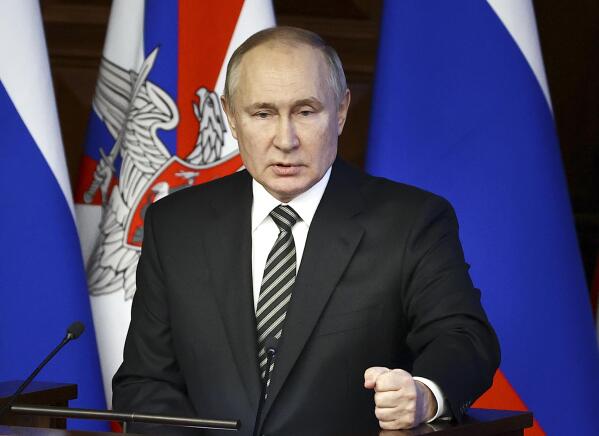The European Union and the United Kingdom have announced coordinated sanctions targeting Russia, aiming to increase pressure on President Vladimir Putin to end the war in Ukraine as diplomatic momentum toward a ceasefire builds.
Both sanctions packages, unveiled Tuesday, target Russia’s so-called shadow fleet—oil tankers used to evade Western sanctions—with the EU blacklisting 189 vessels. The UK’s measures also include restrictions on the supply chains behind Russian weapons systems like the Iskander missiles, Kremlin-backed disinformation networks, and financial institutions accused of helping Moscow bypass sanctions.
European Commission President Ursula von der Leyen confirmed an 18th sanctions package is already in development, following the adoption of the 17th. “It’s time to intensify the pressure on Russia to bring about the ceasefire,” she wrote on X after speaking with Ukrainian President Volodymyr Zelenskyy.
Al Jazeera’s Jonah Hull reported from London that the EU and UK acted “in concert,” unveiling the sanctions shortly after signing a new defense and security pact in London the previous day.
In response, Russian Foreign Ministry spokesperson Maria Zakharova said Moscow would never yield to ultimatums and accused Europe of attempting to rearm Ukraine to prolong the conflict.
The coordinated move came one day after former U.S. President Donald Trump failed to secure a ceasefire commitment from Putin during a highly anticipated call. Despite growing pressure from European leaders and Zelenskyy, Washington has not taken any parallel steps.
Following the call, Putin stated that Russia is prepared to work on a memorandum outlining the principles and conditions for a potential peace agreement. Zakharova told reporters, “The ball is in Kyiv’s court,” and expressed hope that Ukraine would respond constructively for its own “self-preservation.”
Zelenskyy dismissed Moscow’s intentions, writing on Telegram that “it’s obvious that Russia is trying to buy time to continue the war and occupation.” He emphasized that Ukraine and its allies are focused on increasing pressure on Moscow to force a genuine change in behavior.
After the announcement, both Brussels and London hinted at additional measures to come. France’s foreign minister, Jean-Noel Barrot, urged further sanctions to “push Vladimir Putin to put an end to his imperialist fantasy,” while Germany’s defense minister, Boris Pistorius, commented, “Putin is clearly playing for time. Unfortunately, we have to say Putin is not really interested in peace.”
